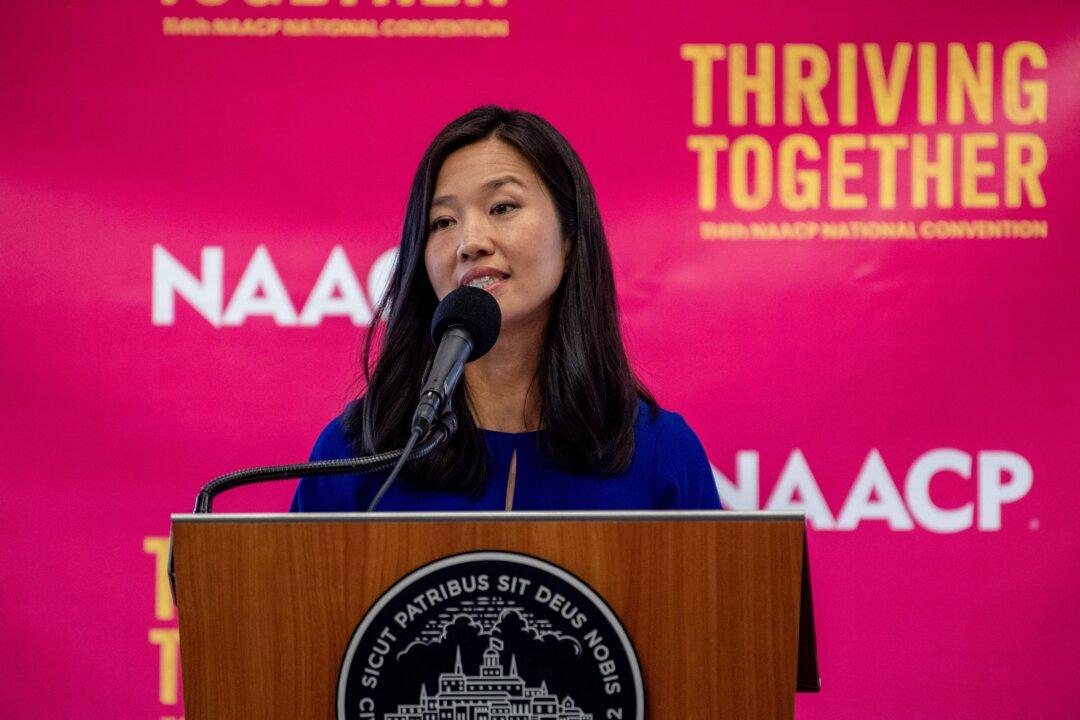Plans to pay taxpayer-funded reparations to Boston’s black community are moving forward as Mayor Michelle Wu appointed an all-black committee to the Boston Reparations Task Force.
The group includes a former judge, a managing director of a local law school, a Mellon associate professor at nearby Tufts University, a government-paid historian, and an attorney for the Boston chapter of the NAACP.




